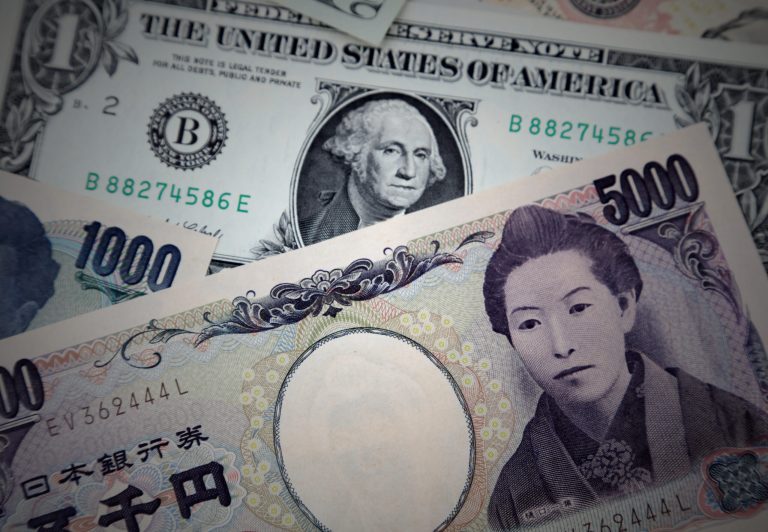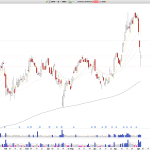The recent strengthening of the Japanese yen, resulting in a significant drop in the dollar-yen exchange rate, is seen as an overdue and healthy correction rather than a cause for panic, according to Jean-Claude Trichet, former head of the European Central Bank.
Trichet’s perspective comes amidst shifting monetary policies, geopolitical tensions, and economic data rattling global markets.
Three main drivers behind the yen’s recent surge
The yen’s recent surge can be attributed to multiple factors.
Trichet highlighted three main drivers: Japan’s hawkish monetary policy shift, geopolitical tensions in the Middle East, and disappointing US jobs data.
These elements collectively triggered a correction in the dollar-yen exchange rate, which Trichet described as overdue given the longstanding overvaluation of the yen and the extensive use of yen carry trades.
A carry trade involves borrowing a low-interest-rate currency, such as the yen, and investing it in higher-yielding assets.
The yen has been a favorite for this strategy due to Japan’s historically low interest rates and low volatility.
However, the Bank of Japan’s recent decision to raise its benchmark interest rate and taper its bond-buying program sparked a rapid appreciation of the yen, causing the dollar to fall nearly 5% against the yen last week.
The dollar-yen correction also had ripple effects across global markets.
Safe-haven assets like the Swiss franc and US Treasurys saw increased demand, while stock markets experienced volatility.
Trichet emphasized the importance of maintaining perspective, suggesting that the correction might be beneficial for the market’s long-term health.
He pointed out that despite the volatility, there are positives in the US, European, and global economies that mitigate the need for panic.
US economic outlook and Fed policy
The US economic landscape has been a focal point in recent market movements. A weaker-than-expected July jobs report fueled recession concerns, leading to increased market expectations for a Federal Reserve rate cut.
According to the CME Group’s FedWatch tool, markets now anticipate a 75% likelihood of a 50 basis point cut at the Fed’s next meeting, up from previous expectations of a 25 basis point reduction.
Despite these developments, Trichet cautioned against overreacting to short-term data.
Trichet told CNBC’s “Squawk Box Europe” that the current data does not support an emergency rate cut, suggesting that the Fed should avoid actions that might induce unnecessary market anxiety.
He also highlighted the sustained period of disinflation in the US and eurozone as a positive indicator of economic stability.
Trichet emphasizes the importance of prudence and caution
While acknowledging the unexpected nature of the recent market movements, Trichet maintained a cautiously optimistic outlook.
He stressed the importance of prudence and caution, advising against panic and emphasizing the need for a thorough analysis of incoming data.
The yen’s appreciation and the resulting market correction, he suggested, could ultimately be seen as a healthy adjustment, provided that broader economic fundamentals remain sound.
The recent dollar-yen correction, driven by Japan’s monetary policy shift, geopolitical tensions, and US economic data, is viewed by Trichet as a necessary adjustment.
While market volatility is inevitable during such corrections, the overall economic outlook remains positive, with no immediate cause for panic.
The post ‘Healthy’ dollar-yen correction was overdue, former ECB chief Trichet says appeared first on Invezz



